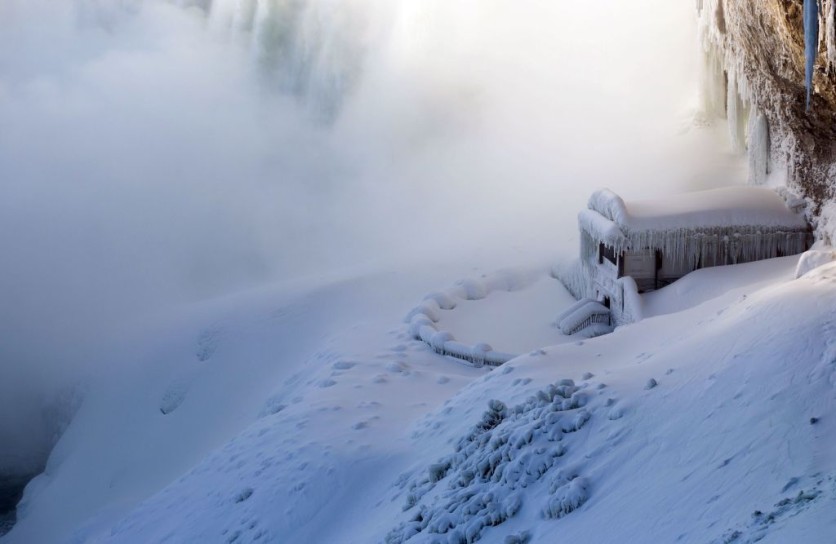Antarctica is not the ideal place to be due to its extreme temperature and harsh surroundings. However, it is among the top locations in the world for meteorite hunting. This is partially due to Antarctica's desert environment, which limits how much weathering the meteorites undergo through.
But more importantly, the environment is perfect for finding meteorites since the snowy plains make the black space rocks stand out sharply.
This was recently proven by researchers from around the world who returned from the icy region with five new meteorites, including a massive one that weighs 16.7 pounds (7.6 kg).

Rare and Exciting Meteorite
According to scientist Maria Valdes of the Field Museum and the University of Chicago, only a hundred or so of the 45,000 meteorites collected from Antarctica over the previous century are this massive or larger.
"Size doesn't necessarily matter when it comes to meteorites, and even tiny micrometeorites can be incredibly scientifically valuable," Valdes said in a press release statement.
"But of course, finding a big meteorite like this one is rare, and really exciting."
Vinciane Debaille of the Université Libre de Bruxelles (FNRS-ULB) served as the mission's commander, while Valdes was one of four scientists on the crew. Ryoga Maeda and Maria Schönbächler, the ETH Zurich, completed the research team.
The scientists were the first to investigate previously untapped meteorite sites that Veronica Tollenaar, a ULB glaciology thesis student, had identified using satellite photography.
Read also : Lyrids Meteor Shower Is Coming, Here's How to Watch It and Take Photos Using Camera or Smartphone
Braving Antarctica
Despite traveling in late December during Antarctica's summer, the temperature stayed around 14° F (-10° C).
Although Valdes claims that on some days of their expedition, it was colder in Chicago than in Antarctica, the experience of traveling by snowmobile, hiking over ice fields, and then spending the night in a tent made the Antarctic climate seem more severe.
The Royal Belgian Institute of Natural Sciences will examine the five meteorites the team retrieved. The sediment that may have contained minute micrometeorites was distributed among the researchers for investigation at their respective universities.
Valdes claims that she is curious to see what the investigations of the meteorites reveal because studying meteorites aids in helping us better understand our position in the universe.
She adds that a bigger sample size of a meteorite will help scientists better understand the solar system.
Related Article : Scientists Found Evidence of Early Human Settlements Destroyed by Cosmic Impact 10,000 Years Ago

ⓒ 2026 TECHTIMES.com All rights reserved. Do not reproduce without permission.




